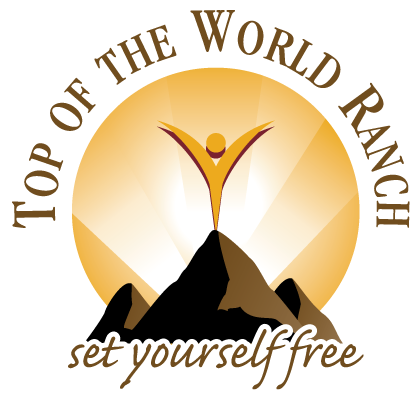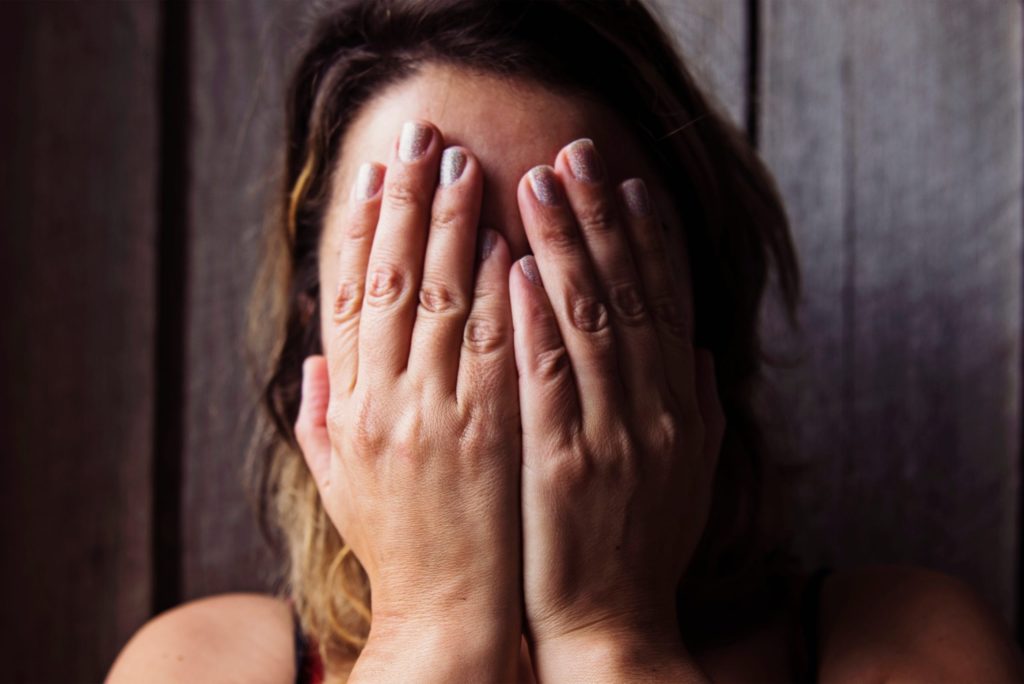Recently, with the COVID-19 pandemic, there has been some discussion of health literacy and how that may be impacting the world’s ability to get through the pandemic. Health literacy as defined by the CDC, is the degree to which an individual has the capacity to obtain, communicate, process, and understand basic health information and services to make appropriate health decisions. The concept includes the concept of basic literacy, as well as the likes of numeracy, or being able to process or understand numbers, proportions, etc., that may often come up in, for example, taking prescribed medication. Health literacy is often lower in individuals from lower socioeconomic backgrounds, though that is not always the case. MentalHealth.org.uk defines mental health literacy as understanding how to obtain and maintain positive mental health, understanding mental health problems and their treatments, decreasing stigma related to mental health problems, and enhancing help-seeking efficacy. Like “general” health literacy, mental health literacy is very closely related to help-seeking behavior and mental health outcomes. By understanding how mental health conditions may work, what courses of action are appropriate and healthy for managing those conditions, and that there is no reason mental health matters should be stigmatized, this increases the likelihood that someone would seek help for their potential problems, or encourage loved ones to do so. It stands to reason that, by increasing mental health literacy all over the world, we may be able to battle current substance abuse rates, or even help implement positive coping mechanisms to life’s stressors, before individuals begin down the path of substance abuse. Up until this point, much of the attention given to health literacy has focused on knowledge and skills related to communication within healthcare settings such as a doctor’s office. While that is certainly an important part of health literacy, we as a whole should consider how important mental health literacy can be, and how a high mental health literacy may even prevent some of the situations where “traditional” health literacy as needed. If you are looking for positive methods of coping with any issues or problems, feel free to check through our blog for similar topics we’ve written about. Tishanna Dillard, Marketing Operations Specialist
If you or someone you know is suffering from addiction, give us a call at the Top of the World Ranch in Milan, Illinois. Come join us at our beautiful ranch. Give us a call at (844) 814-8885 or email [email protected].

